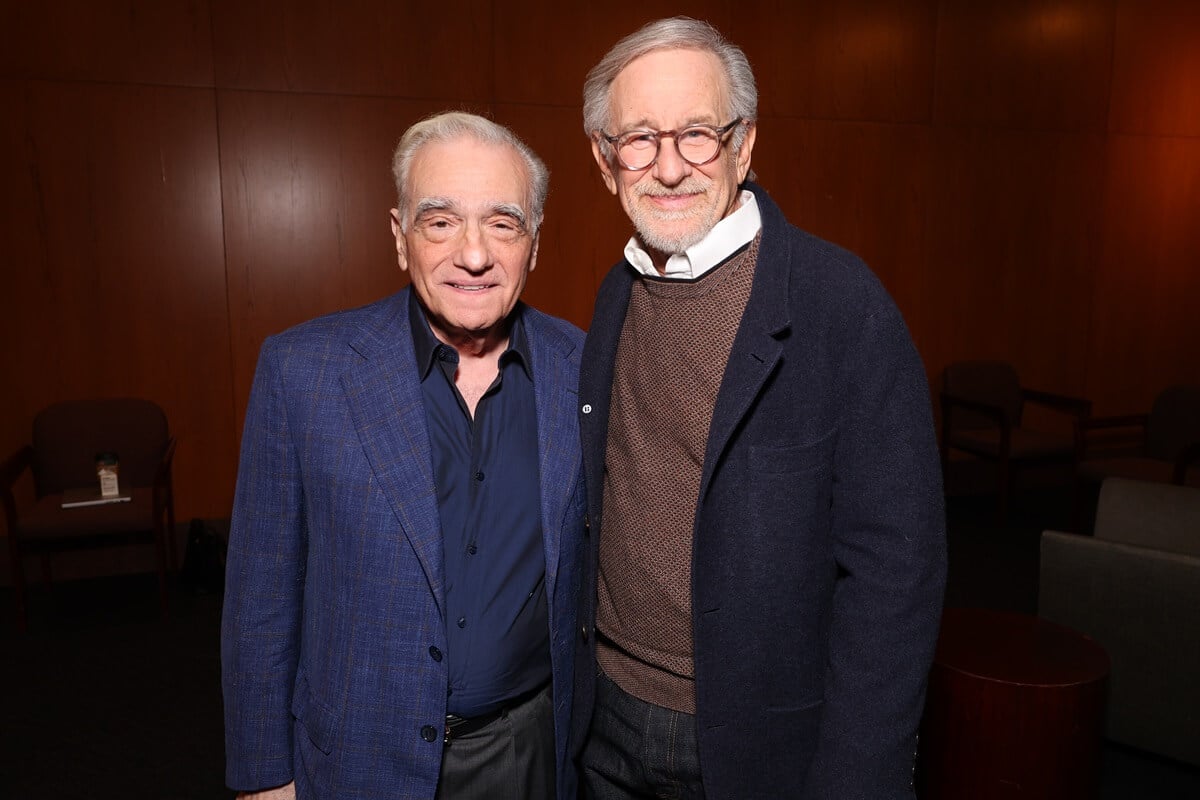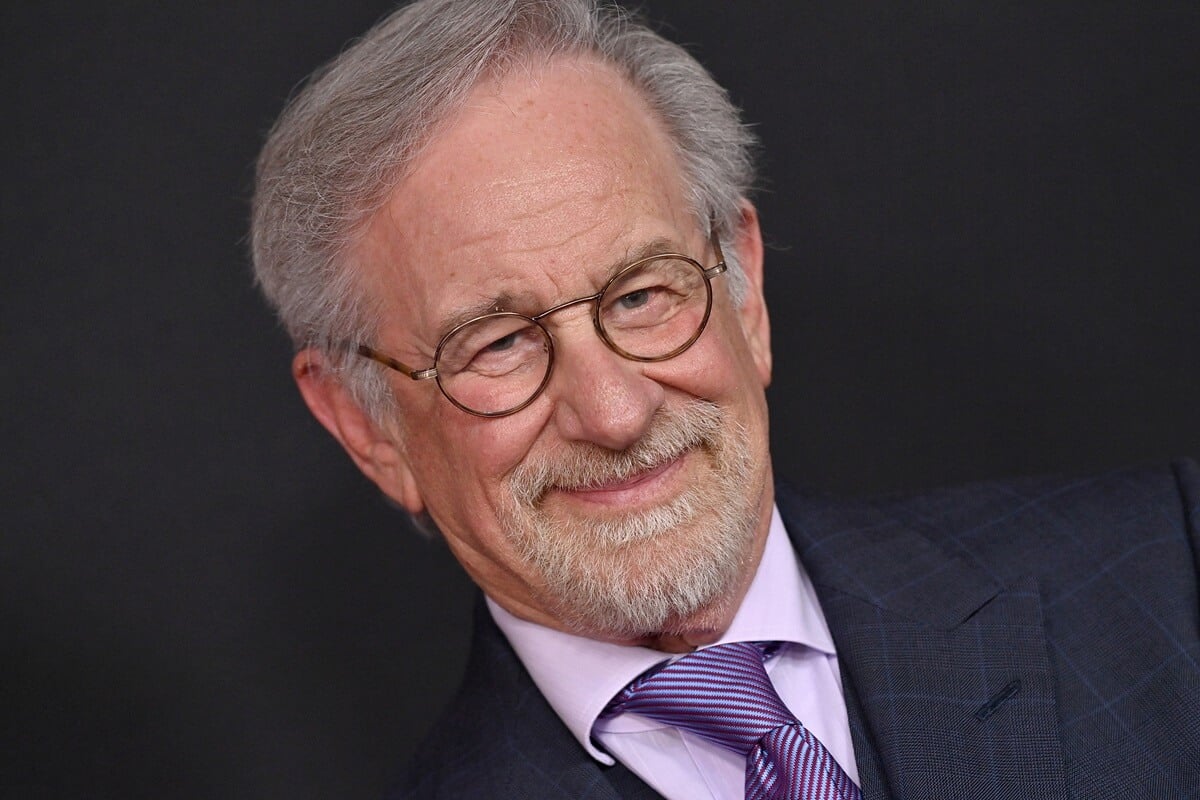
Steven Spielberg Reveals Martin Scorsese’s Greatest Contribution to ‘Schindler’s List’
Before Steven Spielberg committed to doing Schindler’s List, Martin Scorsese had ties to the project for quite some time. Although Spielberg would eventually direct the classic feature, Scorsese still had some influence over the movie.
How Martin Scorsese helped Steven Spielberg with ‘Schindler’s List’

Schindler’s List wasn’t developed overnight. Spielberg was made aware of the book the film was based on shortly after E.T.’s release. It was supposed to be the filmmaker’s following film, but Schindler’s List took 10 years to hit theaters. This was partially because Spielberg didn’t have enough confidence in his abilities to translate Thomas Keneally’s book.
“I hadn’t made what I’d call my first ‘adult’ film, and I was terrified of Schindler’s List being my first, because what if I wasn’t mature enough? I was certain I wasn’t ready to deal with the gravitas of that subject matter, morally or cinematically, and I felt I lacked the wisdom to be able to discuss the story in the inevitable conversations that all of us have after our films are ready to be released,” Spielberg said in a recent interview with The Hollywood Reporter.
He tried floating the project to a few well-known filmmakers in the movie industry. According to Spielberg, Martin Scorsese was the closest to realizing the project. Although he turned it down, Scorsese still had a significant impact on the movie’s script.
“It was Marty who hired Steve Zaillian, so the greatest contribution Marty made was finding the best screenwriter to adapt Keneally’s book,” Spielberg said.
How Martin Scorsese’s ‘The Last Temptation’ discouraged him from making ‘Schindler’s List’
Scorsese boasts one of cinema’s most respected filmographies. But he couldn’t hit home runs all the time in his career, even in his prime. In 1988, Scorsese released the feature Last Temptation of Christ. The film was an interpretation of the life of Jesus Christ and inspired by the book of the same name. It was very controversial for its time, with Scorsese even being sent death threats for the picture. It also wasn’t one of Scorsese’s most well-reviewed films and received criticism leveled at its pacing and dialogue.
The feedback for The Last Temptation had a direct effect on Scorsese’s decision to do Schindler’s List.
“I was about to direct it. But I had reservations at a certain point. Don’t forget, this is 1990, I’d say. I did The Last Temptation of Christ in 1988,” Scorsese reminded in an interview with Deadline. “The whole point of that movie was to start a dialogue about something which is still important to me, which is the nature — the true nature — of love, which could be god, could be Jesus. I’m not being culturally ambivalent here, it’s what’s in us. Is god in us? I really am that way; I can’t help it. I like to explore that. I wanted a dialogue on that. But I didn’t know about all that yet. So, I did Last Temptation, I did it a certain way, and Schindler’s List was scuttled by its reception.”
Scorsese also asserted that he wasn’t Jewish. It seemed more appropriate for someone of Jewish heritage to direct the historical film, which he believed Spielberg realized.
Martin Scorsese doubted his version of ‘Schindler’s List’ would’ve been as successful
Spielberg’s Schindler’s List was worth the wait. It was one of the director’s most successful films, both critically and financially. Looking back on it, Scorsese wholeheartedly believed Spielberg was better for the job. The Taxi Driver director doubted his version of Schindler’s List would’ve been anywhere near as successful.
“Let me put it this way, and you may say that it’s deflecting the question,” Scorsese said. “But I guarantee you, if I did it, it would not have been the hit that it became. It may have been good, that I can tell you. I had some ideas. Most of it’s there. I had a different ending. I admired the film greatly. But I know that my films just don’t go there. They don’t go to the Academy. You’ll say, ‘But you’ve got so many nominations!’ Yeah, that’s true. But when Paul Schrader and I were not nominated for Best Screenplay and for directing Taxi Driver, that set the tone. I realized, just shut up and do the films.”


